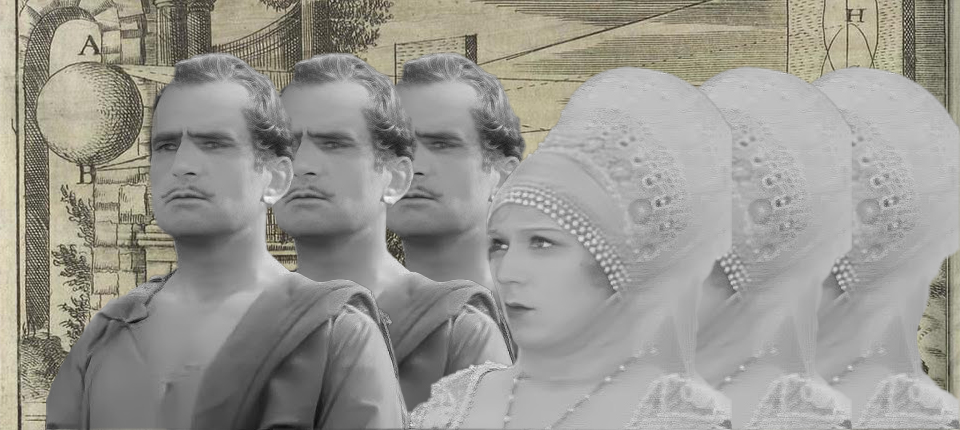Kalmann and the Sleeping Mountain is Joachim B. Schmidt’s second Kalmann novel, translated by Jamie Lee Searle from the original German. (Schmidt moved to Iceland from his native Switzerland in 2007.) It promises another “Icelandic mystery” set in the world of Kalmann Óðinsson, a neurodiverse young man whom we first met in Kalmann (2022), living in the remote fishing village of Raufarhöfn as its self-appointed sheriff, patrolling with a Mauser rifle and a few piquant chunks of hákarl, a fermented shark meat delicacy. As this new novel opens a series of distressing changes have just reshaped Kalmann’s life. His beloved grandfather dies after suffering dementia, his absent American father invites him to visit for Christmas in 2020 and he moves to a bigger town, Akureyri, where he lives with his mother, hunting stray supermarket trolleys instead of Greenland sharks. But everything is about to get even more complicated.
Kalmann suspects that his grandfather was murdered; a communist great-aunt emerges from his family’s past; an American tourist is not all he seems; and what could his grandfather have meant by rambling in Russian about a “flying mountain”? Communist sympathizers (including the Nobel prize laureate Halldór Laxness) abounded in Iceland, despite its Nato membership, but could Grandfather really have been a Soviet spy? Why is an attractive FBI agent interrogating Kalmann? And why is someone killing to protect the secret of the mountain?
Like the narrators of Graeme Simsion’s Rosie trilogy or Mark Haddon’s The Curious Incident of the Dog in the Night-Time (2003), who are both autistic, Kalmann learns acceptable behaviours. He has his own tagline (“Correctamundo”, from the television show Happy Days). But his unspecified condition limits his ability to process clues (and social cues). He trusts dangerous people: shooting practice in the West Virginia woods with his ex-military father and the latter’s racist best friend, Uncle Bucky, culminates in his unwitting attendance of the January 6 Maga march on the Capitol. Although his character’s naivety is balanced by sincerity and intuition, Schmidt shows with realism how Kalmann fails to control strong emotions. Overloaded by grief for his grandfather, he lashes out at his mother, smashing objects until two police officers restrain him: the aftermath involves heavy medication. Similarly, abandoned during the Capitol march, he suffers a panic-induced meltdown. Kalmann’s mother, absent for much of the first novel, gives this one its moral core: she is unfailingly protective of, and patient with, her son. The Kalmann books are full of quirky charm, but fewer plot lines and more shark fishing would have made this one easier to enjoy.
The post Secrets of the mountain appeared first on TLS.

 By Times Literary Supplement | Created at 2024-10-29 21:41:39 | Updated at 2024-10-30 09:21:57
6 days ago
By Times Literary Supplement | Created at 2024-10-29 21:41:39 | Updated at 2024-10-30 09:21:57
6 days ago



